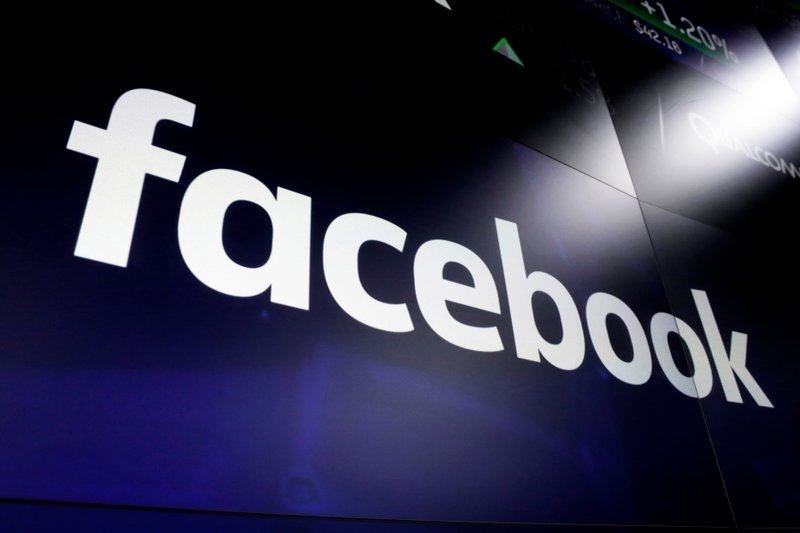Screened democracy: Using social media to shape the world we want to see
12-09-2020 | 18:04
Source: Annahar
By John Ghanem
Take a walk with me down a busy 4th century (BC) Athens to the Agora, just northwest of the great Acropolis. Imagine sitting there, at a blush twilight listening to a great debate between some of the greatest minds of the time, sharing different sociopolitical and socioeconomic views of the status quo. Even without participating in the debate, everyone present took part in something much bigger than themselves; democracy.
Although the Agora was the birthplace of democracy, its golden age however was with what American sociologist Ray Oldenburg called “Third Places”. These are places such as taverns, marketplaces, cafes, pubs, and other informal meeting places where the hierarchy is based greatly upon the decency of the individual rather than their social standing.
In recent times, with corporate malls replacing the local marketplace, loud music drowning down conversations in pubs, and night clubs replacing taverns and promoting individuality over the group, people have been engaging less and less in physical debates and talks for the lack of a suitable modern day Agora.
This has freed up the way for the digital era to book its spot as the virtual third place. The shift of the Agora from a physical venue to a digital venue started with the television set becoming a global staple of every house. Talk shows where people were given the option to call and participate from the comfort of their couches in voicing their opinion gave birth to an “on-screen democracy”.
Since then, on-air TV has been on a huge decline due to a world accessibility phenomenon, better known as social media. A survey done by the Pew Research Center showed a decrease in the gap between television and online news by 12% between 2016-2017, with radio and print trailing far behind both giants. Today, the online presence greatly supersedes all other forms of information channels.
The repercussions of such a shift on democracy have been significant due to the level of local control social media has given us. When watching Television, our means of controlling and filtering information are limited to preferring a certain network over the other, then debating that with our entourage and on talk shows. However, shifting our source to the online channel, in particular social media, has given us quasi-complete control of the information we receive.
It has provided the talking class with the freedom to speak freely, but has paradoxically diminished the room available for debate. A large chunk of people nowadays are no longer as open to the opposing opinions because they do not see the necessity in debate, and refrain from revising their own views.
Even more so, social media has given us the opportunity to create and shape a small digital world that is “made to measure” just for us, to fit our opinions and views. Features such as choosing who to follow, blocking people and pages that do not see things eye to eye with us, and screening content based on preference through machine learning have created what can be described as a “screened democracy”.
In olden times, we had the choice to go to a certain tavern, café, or pub whose regular attendees were more on our wavelength than others; but never before did we have the choice to block those who disagree with us. Granted today their opinions are still being voiced in the open, we have been given the choice to drown them out completely in our own internet micro-world.
Social media has given us the digital equivalent of selective ear plugs and blindfolds to use at our discretion.
This utmost digital freedom of speech has paradoxically divided us rather than brought us closer. We are now getting our information from the political parties we agree with, the people we can build rapport with, and the influencers who share our views. Social media has not become a digital third place, it has given us an escape into a “fourth place” from all the other three places. A place where our surroundings are not limited to our home, our workplace, or the public, but to the filtered world we want to see.
We cannot predict what shifts in democracy will take place with the aid of daily technological advances, but we only know this; the future is up for grabs.
For now though, welcome to the new world, ladies and gentlemen; yours.
---
John Ghanem is an avid writer, reader, and a life-long learner. A professionally trained commercial pilot by trade, John has gained experience in diverse fields, shifting from aviation instruction to business management. Well-traveled (Pre-Corona) and based out of Lebanon, John spends his time hiking, diving, mountaineering, and reading up on just about anything.


 اشترِك في نشرتنا الإخبارية
اشترِك في نشرتنا الإخبارية











